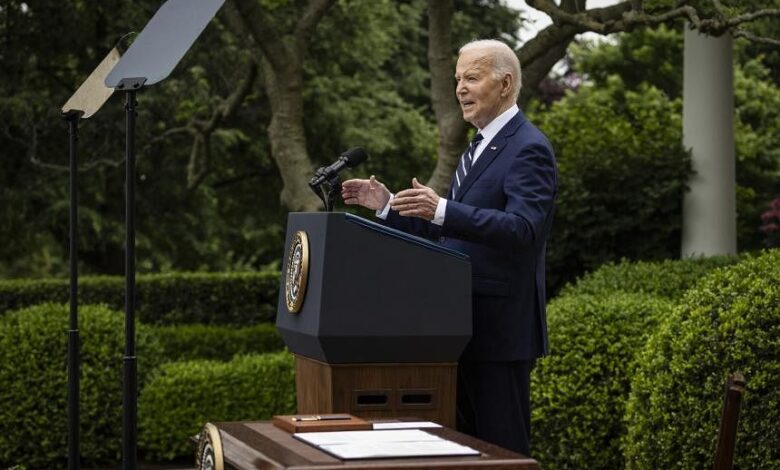
In Singapore, despite United States President Joe Biden’s announcement of significant tariff increases on various Chinese products, including electric vehicles (EVs), analysts suggest that the actual impact on China may be restricted.
Mr. Biden disclosed that higher tariffs ranging from 25 percent to 100 percent would be imposed on Chinese imports worth US$18 billion (S$24.2 billion) during an event with union and company representatives on May 14.
According to the White House, the affected Chinese imports encompass a range of items such as steel, aluminium, semiconductors, EVs, critical minerals, solar cells, and cranes.
Analysts suggest that the tariff increases are a political maneuver by Mr. Biden to garner support from voters ahead of the upcoming US presidential elections in November, portraying them as more symbolic than impactful.
According to a statement from investment bank Nomura, the products targeted by the tariffs represent only 4.2 percent of China’s total exports to the US and less than 1 percent of China’s global exports.
Moreover, the value of Chinese imports affected by these tariffs is considerably lower compared to the tariffs imposed on US$300 billion worth of Chinese imports between 2018 and 2020 under the administration of former US President Donald Trump.
Receiving significant focus this time is the substantial increase in US tariffs on electric vehicles (EVs) imported from China, soaring from 25 percent to 100 percent.
According to Nanyang Technological University economist Tan Kong Yam, this move is primarily symbolic, emphasizing that Chinese EVs have already faced exclusion from the US market.
He highlighted that merely 1 percent of EVs sold in the US originate from China.



